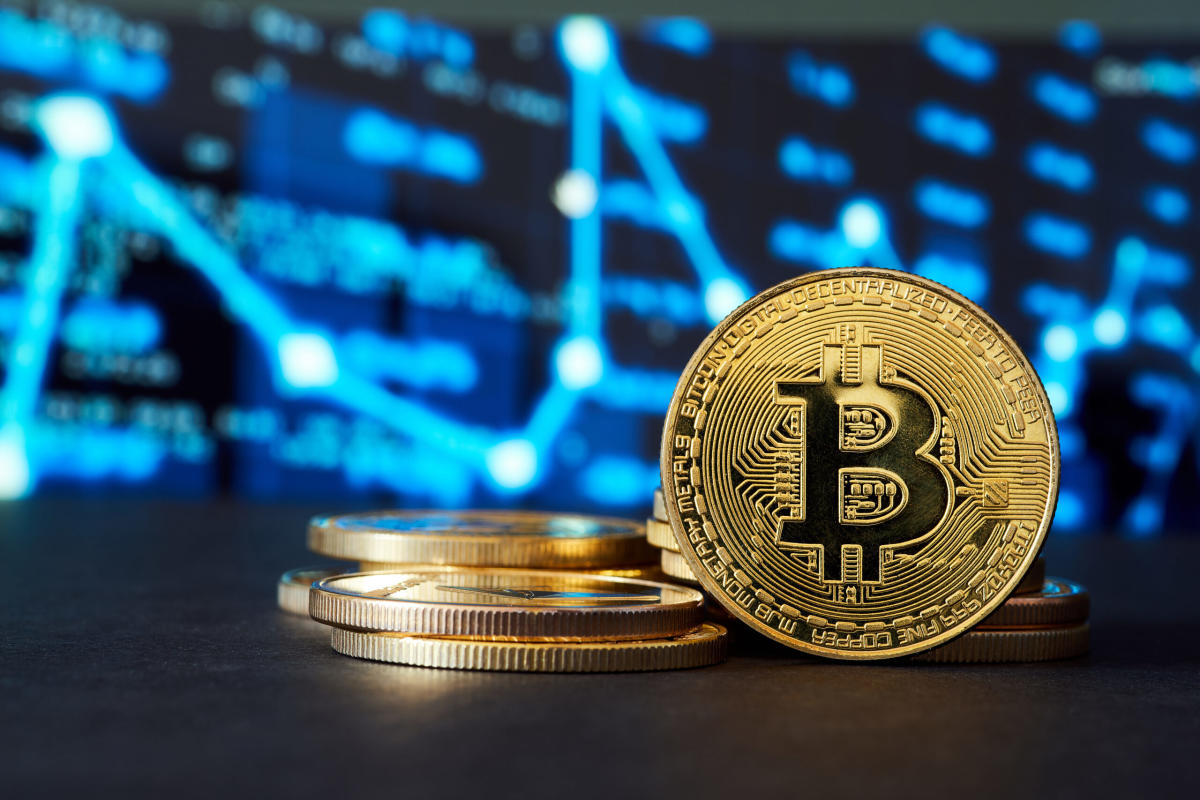The ripple effect
The Securities and Exchange Commission (SEC) lawsuit against Ripple, related to the sale of the XRP token, has been one of the most controversial and hotly debated topics in the cryptocurrency industry. The lawsuit alleges that Ripple conducted an unregistered securities offering by selling XRP, which is the cryptocurrency used by the Ripple network. The case has been closely watched by the cryptocurrency community due to potential implications for the classification of cryptocurrencies as securities.
You read Crypto for advisorsa weekly look at digital assets and the future of finance for financial advisors. Subscribe here to receive the mailing every Thursday.
Ripple is a San Francisco-based technology company that was founded in 2012. Ripple’s primary goal is to create a global payment system that can facilitate fast and affordable payments across national borders. The company has developed a payment protocol called the Ripple Protocol, which is designed to facilitate real-time gross settlement (RTGS) of funds between financial institutions. Ripple’s payment network uses XRP, which is a digital asset designed to serve as a bridge currency for cross-border payments.
XRP is the original cryptocurrency of the XRP Ledger and was designed to compete with Bitcoin and other blockchain networks. It is used by Ripple to facilitate transactions on the Ripple network and can be traded on various cryptocurrency exchanges. XRP is designed to be a fast and affordable way to transfer value across borders. The Ripple network uses XRP to provide liquidity for cross-border payments, which can help reduce the time and cost of transactions.
In December 2020, the US Securities and Exchange Commission filed a lawsuit against Ripple Labs Inc., CEO Brad Garlinghouse and Chairman Chris Larsen. The lawsuit alleges that Ripple conducted an unregistered securities offering by selling XRP. The SEC claims that XRP is a security and should have been registered with the agency before it was sold to investors.
Ripple has denied the allegations and has fought the lawsuit in court, as Garlinghouse predicted in a interview held during CoinDesk’s Consensus 2022 conference that Ripple will have spent “over $100 million in legal fees fighting the SEC.” The company argues that XRP is not a security, but a digital asset that acts as a bridge currency for cross-border payments. Ripple also claims that the SEC’s actions against the company are arbitrary and capricious and that the agency has created regulatory uncertainty in the cryptocurrency industry.
One of the immediate consequences of the SEC lawsuit against Ripple and XRP was that several cryptocurrency exchanges delisted or suspended trading of XRP. The delisting of XRP was a significant blow to the cryptocurrency’s market value because it led to a sharp decline in trading volume and price.
The removal of XRP from these exchanges was due to concerns over the potential classification of XRP as a security. Exchanges that list securities are subject to stricter regulations and supervision, which can create additional costs and legal risks. The delisting of XRP highlights the potential risks associated with investing in cryptocurrencies and the importance of regulatory clarity for the cryptocurrency industry.
In the middle of the case, lawyer John Deaton was allowed by a federal judge to enter the SEC case as an outside counsel (amicus curiae). As of today, he represents approximately 75,000 XRP holders who believe XRP is not a security and that the SEC’s actions have caused significant harm to XRP holders. This intervention has caused further debate in the cryptocurrency industry regarding the classification of XRP and the SEC’s actions against Ripple.
In late 2022, over a dozen other major crypto industry supporters, such as Coinbase, joined in by filing “friend of the court” briefs in support of Ripple.
Financial advisors should care about the outcome of the SEC lawsuit against Ripple and XRP because it could have significant implications for their clients and the entire financial industry. If XRP is considered a security, it could lead to increased regulatory oversight and restrictions on the use of cryptocurrencies. This could negatively impact the value of XRP and other cryptocurrencies and create legal and regulatory uncertainty in the cryptocurrency industry that could seep into traditional finance.
Financial advisors may need to reconsider their recommendations regarding cryptocurrencies if they become subject to more regulatory oversight and restrictions. Advisers who have recommended XRP or other cryptocurrencies to their clients may need to inform them of the potential risks associated with these investments and discuss strategies to manage those risks.
The outcome of this lawsuit could have broader implications for the traditional financial world. It could create a more restrictive regulatory environment for cryptocurrencies and initial coin offerings (ICOs), making it more difficult for financial institutions to adopt and integrate these assets into their operations. This can limit the potential benefits that cryptocurrencies can provide, such as faster and cheaper cross-border payments.
However, the lawsuit is not just about XRP. Instead, it is about the broader question of whether cryptocurrencies are securities and a redefinition of the question “What is a security?” If the court rules that XRP is a security, it could set a precedent for the classification of many different types of assets, not just cryptocurrencies. This could create significant uncertainty in the cryptocurrency industry and could lead to a more restrictive regulatory environment, potentially causing the US to fall behind in this new technology to other countries that have embraced it.


